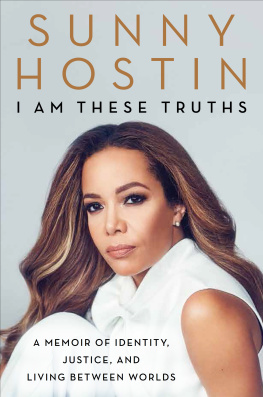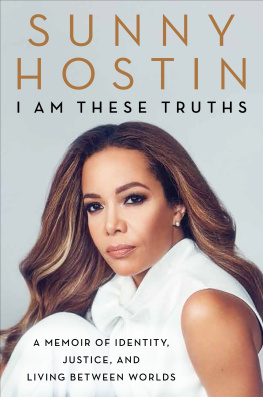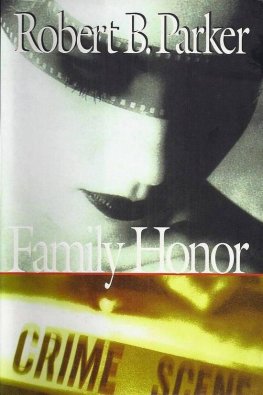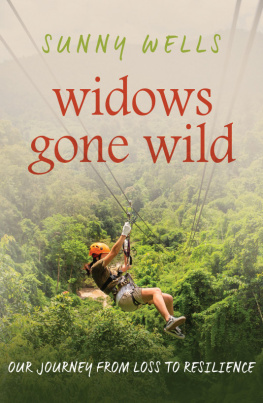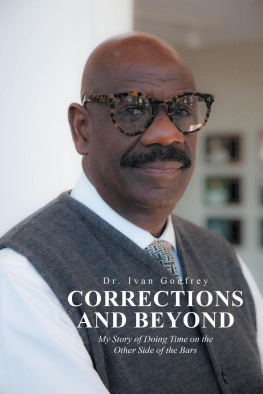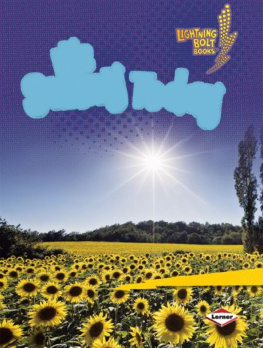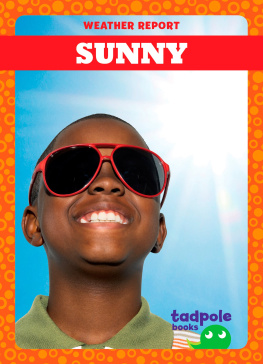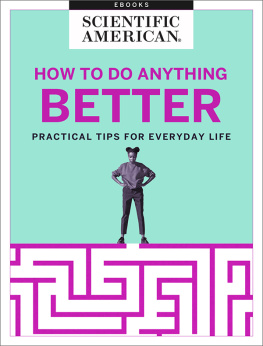J ust as my final edits on this book were due to my publisher, the standards and practices group at ABC News sent me pages of changes they wanted me to make to my story. Its not uncommon for an employer, especially of a journalist, to vet a manuscript for accuracy or even tone. The process had been taking longer than I expected; ABC explained that breaking news required their immediate attention. Of course it did: after George Floyd was killed by Minneapolis Police, hundreds of thousands of people around the world marched and demonstrated to end police violence against Black people. As a mother of a Black teenaged son about to go to college, I could wait. Covering these demonstrations required all hands on deck and of course my publisher allowed me a few extra days to resolve my employers requests. While I was grateful that ABC News caught a few factual errors that would have embarrassed me, they were also asking me to delete parts of my story that might cast ABC in an unfavorable light. Deleting those passages didnt feel right to methey were all true, and they were some of the battle scars of my experience. My television agent and my book agent emailed me to express confusion that a news organization would try to censor a Puerto Rican, African American womans story while they were covering global demonstrations demanding racial equity. One of them even calculated the percentages of people of color on the executive boards at Disney, ABC Entertainment, and ABC Newsaccording to him those figures ranged from 7 to 12 percent. I asked my attorneys to intervene and thankfully ABC relented. I didnt want to believe that racism played a part in their revision requestswe were just dotting some is and crossing some ts, right? Then, on Friday, June 12th, I got a text from a reporter.
Any journalist will tell you that they never want to become part of the story. But suddenly I found myself in that odd and unenviable position. The reporter explained that he was writing a story that would be published shortly, and that as a courtesy he wanted to give me a heads-up that I would be mentioned. I immediately thought this was yet another article about The View. The show was always the subject of media fodder. The summer before I was accused of being a leak of negative stories about the show. The accusation was hurtful and wholly untrue and I was still angry about it. Then the reporter explained that his story was not about The View, but rather about a series of racist comments made by a senior talent executive at ABC News. It was alleged that the executive had called me low rent; had exclaimed during contract negotiations for Robin Roberts, the anchor of the networks flagship morning show, Good Morning America, that she was not being asked to pick cotton; and that my former ABC News office mate, Kendis Gibson, currently an MSNBC anchor, one of the nicest people Ive met, would not be paid as much as ABC paid for toilet paper; and finally that Mara Schiavocampo, a former ABC colleague, had entered into a non-disclosure agreement stemming from racial discrimination and could not comment on her alleged treatment at ABC. This executive not only managed ABCs diversity and inclusion efforts, but she was directly responsible for cultivating my career, negotiating my contracts and providing network opportunities. I was floored. I felt incredibly sad, but I also felt relief. Many of the experiences Ive had at ABC, including several described in these pages that standards and practices at first asked me to deletewell, if the allegations were true, all of the dots were connected. My suspicions that I was treated worse than my white colleaguesthe fears that I tried to talk myself out of many timesmaybe they were true. Had my employer, my home away from home, devalued, dismissed, and underpaid me because of my race? I had just read emails from them directing me to erase evidence of such treatment from my story.
And if Im being honest, I wasnt even angry. I was deeply, profoundly shaken and saddened.
I had been honest on air about my humble beginnings, and about growing up in public housing. I thought it was important for anyone watching in similar positions to know that being a national talk show host was within their reach. And now, my roots were being disparaged. I was seen as not worthy, classless, cheap, trashy, low rent. I cried. Silently alone. The next day, the article was published, and went viral. The executive was placed on administrative leave. I received hundreds of calls and emails. I received calls from my co-hosts, colleagues, former colleagues, the top brass at ABC and Disney. Thousands of social media comments. Most of support, but also many calling me a low rent bitch. I hoped that my children wouldnt find out, but I knew that this had gotten too big. I finally told my parents and my husband. My parents were angrier than I had seen them in a very long time. My husband held my hand. When I finally told my children, my son was incredulous: That is the farthest thing from the truth, Mom. Who would say that about you of all people? My daughter was pensive. Then, she just said, Why?
I really did not have an answer to the Why? I was assured that an independent investigation would be conducted and if the allegations were true, proper action would be taken and that there would be a recalibration for me. Im not really sure what that means. The View gave me the space I needed the Monday after the story broke to speak my truth. While it was painful for this tough girl from the Bronx to show any vulnerability, I did. I explained what had been said about Robin Roberts, Kendis Gibson, Mara Schiavocampo, and me. And I said, If true, this tells me that systemic racism touches everything and everyone in our society. Regardless of social stature, no one is immune. It is the type of racism that Black people deal with every single day, and it has to stop.
I fear for the lives of my teenaged children each and every day. Their lives matter. Black. Lives. Matter. But we cant just say itour country needs to show it, to believe it, to mean it. Black people are arrested and brutalized by police at a stunningly disproportionate rate around the country. Black people are incarcerated at more than five times the rate of white people. The deaths from this devastating global pandemic are disproportionately high for Black communities.
As I send these words to press, we are experiencing an important time in our countrys history. A paradigm shift. A movement, not just a moment. Our world is on fire. It is demanding that voices be heard. I envision a world where our hearts and minds cling to a promise of love, humanity, compassion, and most importantly, equality. I envision a world that seeks to reign above pettiness, divisiveness, and hatred. I envision a world not of fences or barriers, but a world where these protests lead to equality and humanity for each person regardless of skin color.
Over and over again, we have seen the weaponization of race against Black people in our country. Driving while Black, Jogging while Black, Barbecuing while Black, Shopping while Black, Bird-watching while Black: Living while Black may lead to confrontation, police intervention, death. Where the innocent are assumed guilty, because of the color of their skin. I hope to see a reckoning. Real introspection combined with real action. Because what is going on from the street, to the classroom, to housing, to financial credit, to hospitals, to the newsroomit has to stop. Now. We need a recalibration.

